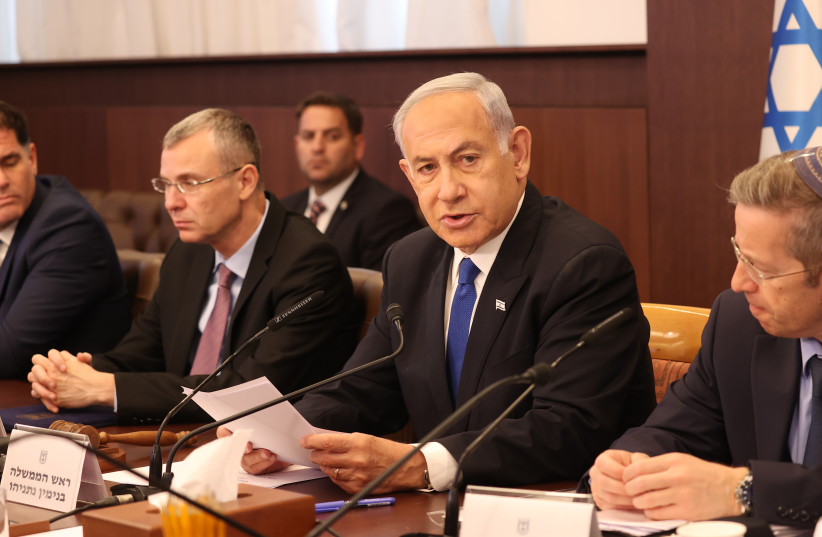Former United States ambassador to Israel Martin Indyk made waves earlier this month on Twitter following a tweet of his about Foreign Affairs magazine calling for a reinvigoration of the two-state solution. Following this, he got into some spats with prominent Israeli influencers over his views, particularly the point that Indyk and the US should stay out of Israel’s domestic affairs.
The argument quickly spans into Indyk writing that “you should stop accepting our money… as long as Israel remains heavily dependent on American largesse, you are obliged to take our views into account.” In further tweets, in response to people saying that Israel does not need America’s money, he wrote, “Time for Israel at 75 to stand on its own two feet” and “then you can ignore us.”
Of course, he is referring to Israel’s acceptance of $3 billion (NIS 11 b.) in military aid from the US every year.
When taken together, we can see evidence of what Indyk refers to as America’s opinions. For example, in just the previous few months alone, Prime Minister Benjamin Netanyahu bucked to pressure from the Biden administration on issues, such as judicial reform and on a proposed bill to tax foreign NGO money. This begs the question: is US aid to Israel conditional?
It appears that the answer is yes. Despite Netanyahu’s campaign pledges not to give in to American pressure, he and previous governments have repeatedly done so, even in cases where its benefit to Israel is questionable. In turn, Jerusalem has exported much of its sovereign decision-making to Washington seemingly for a meager $3 billion aid package.

This number in itself brings to question why Israel voluntarily takes the aid, given the definite strings that come attached to it. “To put this number in perspective, the country’s total expected budget for the 2023 fiscal year is $131 b. (NIS 484 b.), meaning that the $3 billion aid accounts for 2.3% – something that can easily be made up for with Israel’s strong economy and hi-tech sector.” This is not even going into the details of the agreement – namely that the aid is less of a blank check but more of a subsidy to America’s defense industry (see the case of Brill Shoe Industries and IDF boots). Since aid is indeed accepted, actions that could better Israel have been set aside.
This is most clear in Netanyahu’s own words from 2020: Israel does not have the green light from the US to annex large parts of the West Bank. Think about this statement for a second; a leader of a sovereign nation is saying that a sovereign decision, regardless of your opinion on it, is contingent on a green light from another nation.
A formalized conditioning of aid
This becomes even more distressing when you realize that the tide in the US Congress is heading towards formalized conditioning of aid. Does the government really wish to wait until a hostile US administration or Congress codifies conditioning aid to figure out how to make up the lost $3 billion? Likely not.
None of this is to say that Israel needs to be on unfriendly terms with America. In fact, it is likely in Israel’s best interest to remain allies – be it in joint defense initiatives, innovation and general economic activities. With this said, we have plenty of strong allies that don’t write us checks.
Israel is a sovereign nation and should act like it. Echoing Indyk’s words, to be willing to “stand on [our] own two feet,” is something we most definitely can do. Continuing to play defense against inevitable action to formally conditioning aid is a losing strategy – one that makes us weak and prone to continued pressure on issues important to us even as it is not currently conditioned. Netanyahu would be wise to consider the true value of accepting cash and whether he is selling out his and the country’s, ability to act sovereignly.
The writer, a Jerusalem Post staff member, is an entrepreneur and Hebrew thinker, known as Osher in Hebrew. A recent oleh, he also helps oversee the start-up ecosystem in Jerusalem with Made in JLM. On Twitter: @troyfritzhand
